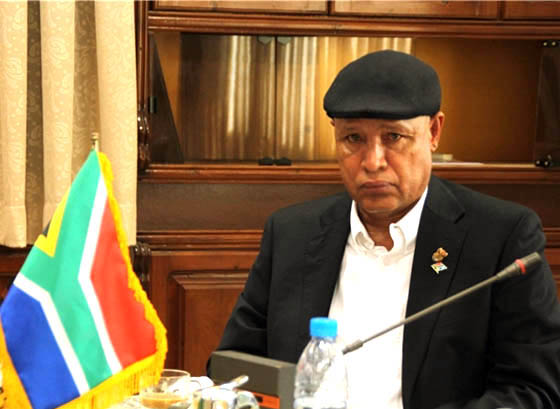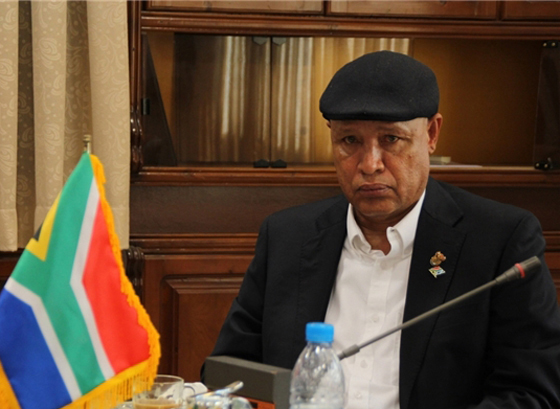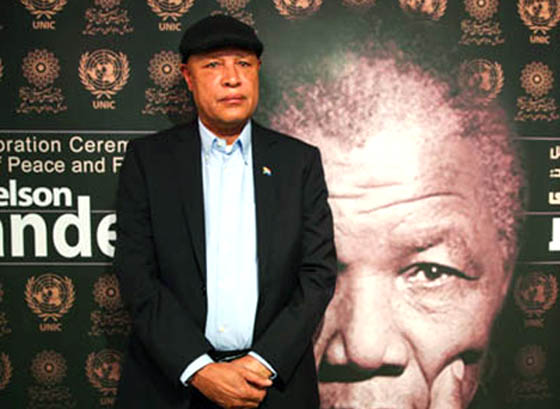Mandela did not falter in his beliefs: South Africa envoy

South Africa’s Ambassador to Tehran William Max Whitehead says that late anti-apartheid leader Nelson Mandela’s legacy is grounded in his unwavering beliefs and principles, AVA Diplomatic reports.Whitehead says that “throughout the period of Mandela’s involvement as a member of The African National Congress Youth League (ANCYL), and his involvement in the resistance campaign of the African people against the white minority government, and the incarceration he was faced with as a result of the position that he took in the 1950s and 60s, Mandela never faltered in his beliefs.”
After he was sentenced to prison in Robben Island, Mandela continued his battle against the apartheid regime and state institutions, and he never cowered or compromised the dignity of his people and what he stood for. Nelson Mandela had a fundamental lesson, proving that those who are willing to stick to their principles will eventually become victorious.
South Africa’s anti-apartheid hero and former president Mandela passed away at age 95 in his Johannesburg home on December 5, 2013. Mandela had been receiving home-based medical care for a lung infection after three months in hospital. He had been suffering from chronic respiratory conditions, probably due to the fact that he contracted tuberculosis in prison years ago.
Mandela served as president of South Africa from 1994 to 1999, and was the first South African president to be elected in a fully representative democratic election.
After years of resistance against apartheid rule in South Africa, Mandela was arrested in 1962. He was sentenced to life in prison, where he served over 27 years. He spent many of those years on Robben Island.
Following his release from prison on February 11, 1990, Mandela led the African National Congress party in the negotiations that led to multi-racial democracy in 1994. As president, he frequently gave priority to reconciliation. He left office in 1999 after serving one term as president.




